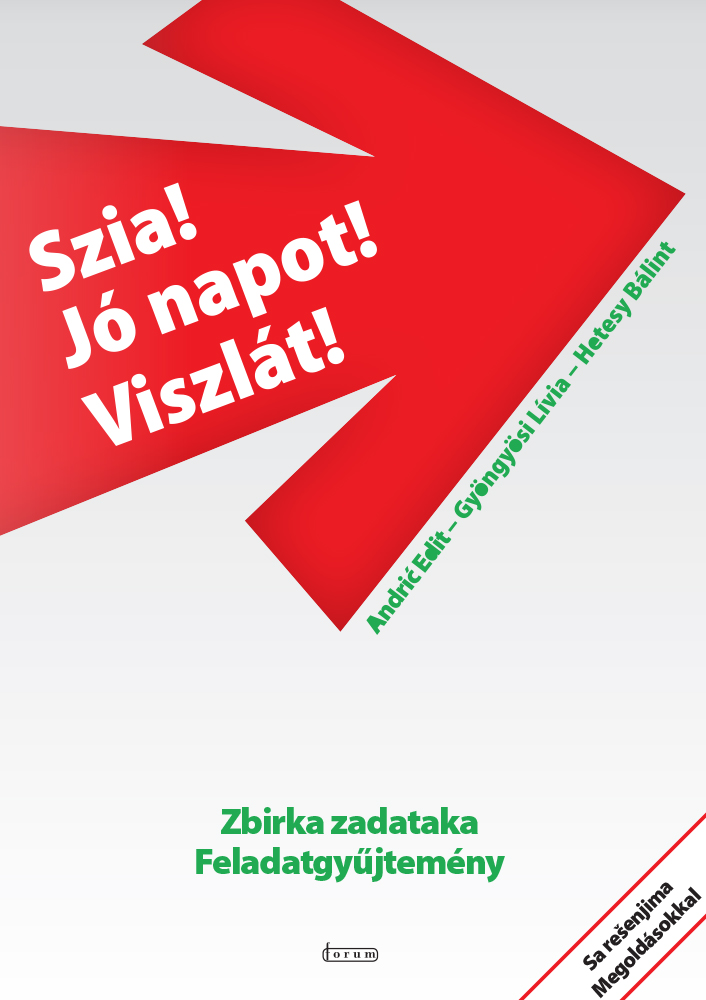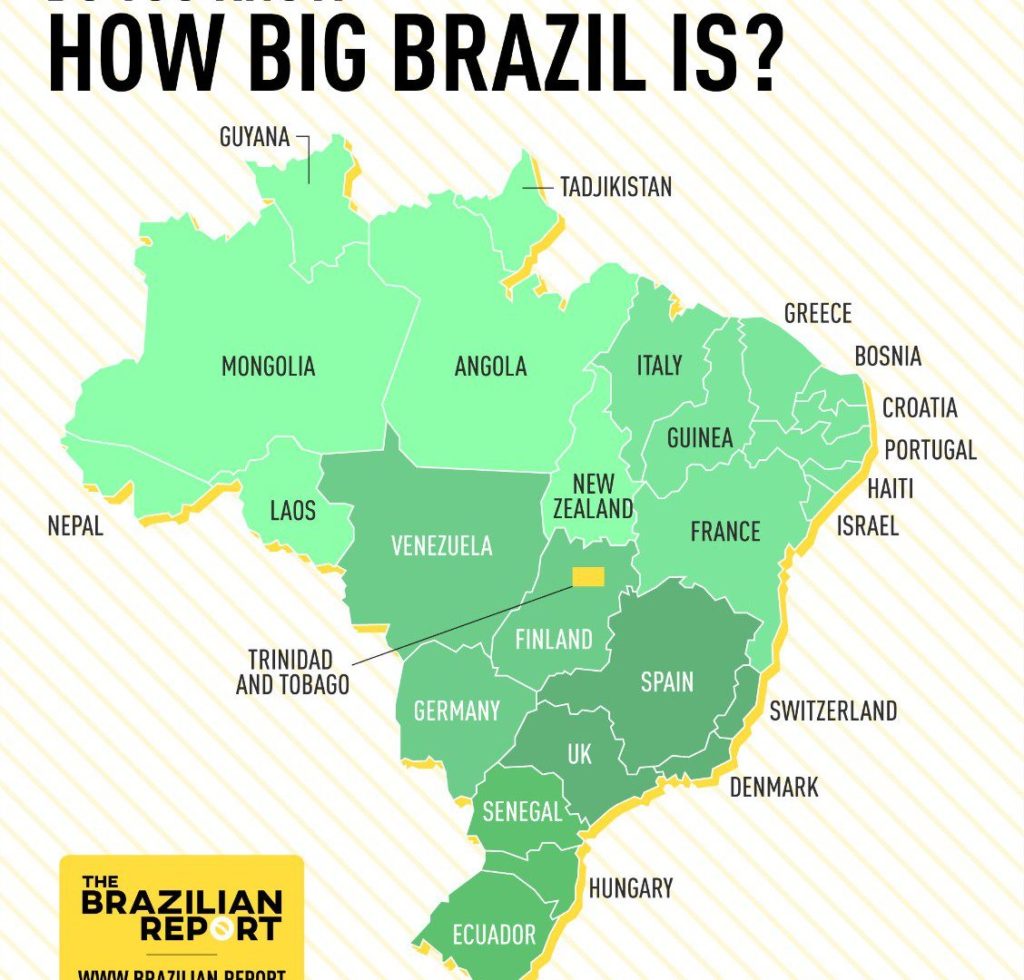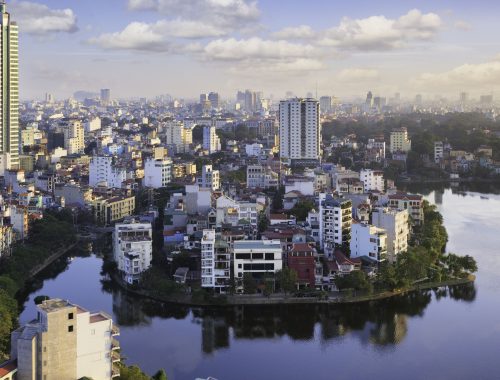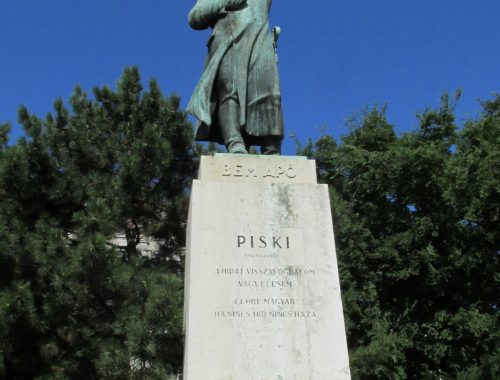“Pensava que ela fosse cinzenta, mas não. Budapeste é amarela”
(let’s not be all passive… if you want to find out what it mean online translators are only a click away!)

My first ever contact with what Hungary could possibly be, apart from its name being mentioned during History classes about the first and second World Wars, was when I was about 13 browsing through TV and ran into a movie playing on this Brazilian channel famous for its “alternative” broadcasting. The movie was called “Budapest” and it followed its main character, José Costa, as he fell in love with the Hungarian language after having a forced layover in the city on his way back home to Rio de Janeiro from Australia. He then says what I mentioned in the title and I’d like to write these line with the lenses throught which we can be proven otherwise in life.
After falling in love with local Kriszta and having enough reasons to permanently relocate to Budapest, José managed to excel in what seemed like the most daunting task for a foreigner: to have a perfect command of the magyar nyelv (or the Hungarian language, if I may).
His drive took him from working as a ghost writer in Brazil – and being deeply affectionate to Portuguese only – to achieving a level in which he could explore the richness of the Hungarian language and become a known writer himself in the language. Accomplishing such a “specific” thing seemed as shiny as gold to my 13 year old me who had just started getting invested in languages.

This backstory is crucial for me to share with you about my trip to Budapest in late January this year since all my visits to other countries so far have mainly been rooted in my interest for languages.
It wasn’t any different with Hungarian, even if prior to arrival I was only familiar with the greeting “Szia” (and pronouncing it wrong after associating the pair “SZ” to the “SH” sound in Polish such as in “Przepraszam“).

I had met this person, Jónás – Hungarian – while visiting Zurich back in March 2022 and we exchanged socials. Later in October that same year I reached out to him and he mentioned being back in Budapest, planning to move to Italy and attending an Italian course. I had aslo started practicing my Italian so while talking one thing led to the other and that he said that should I ever go there he would have a place for me to stay.
Now, I might be somewhat crazy, but having planned a trip to Germany in mid January I thought to myself “how far is even Hungary from it?”
As a Brazilian, it will never cease to surprise me how reachable things are in this continent, taking into account that I had to get used to taking 16 hour long rides to go visit my family after moving out to uni – sadly flight tickets aren’t that affordable. So seeing that it would only take me 6 hours by train, cost me relatively little and have the chance to explore this unknown side of Europe with a local as a guise was more than enough reasons to me.

And that was all thanks to languages!
I wouldn’t have been able to get to know this surprisingly beautiful city (which has struck me the most so far among all European cities I’ve visited) and let go of some biased ideas that are subconsciously ingrained in us if I dind’t speak German (which motivated me to go and visit Zurich) or English (as to being able to interacting with other nationalities). As I mentioned at the beginning of this post, the country was highly linked to the War topic in school and to some extent this affected my perception of reality. It’s almost as if in the back of my mind I were expecting to find trashed places or grumpy people on the streets – and they were indeed there to be seen, but didn’t overshadow the brightest side of the city and its joyful people.

I’m grateful, even if it sounds silly, for having had the chance to be there myself (four times even) and to sensing a chunk of its reality (at the end of the day I am no resident who will face it more in depth after a while).
The best regard I can keep from a place I’ve visited is the language, so it didn’t take me that long to look up for videos on Youtube and browse the web as to try and get a hang of the basics. “Jó napot kívánok” “ Köszönöm szépen” “ Gabriel vagyok”….
The fact that the Hungarian language doesn’t belong to the Indo-European language family but rather to the Finno- Ungric explained why its spelling and phonetics came off as so puzzling to my brain. I like joking that I was in my comfortable zone approaching the most “pop” European languages and to take a closer look at this jewel, which is Hungarian, was so refreshing to me and really set a light in my language learning so far. Since it’s deeply attached to traveling, I now aim to visit places where I might be getting more “uncomfortable” for not speaking the local language, struggling with whimsical people and yet, against all odds, be present in the moment.

It’s a great gift to be able to visit that many places, a chance I recognize that shouldn’t be taken for granted. Even if it doesn’t seem that obvious, this all adds up to my own personal growth as in having a more considerate intercultural understanding of where people come from and who this provides us in so much beauty as in being diverse, yet also in doubts as to why they might behave that differently to me. And to cast myself in not that pleasant situations, as much as it might hurt, will be fruitful afterwards, looking back at it.
So, I did do a bit of wandering off whilst writing this, just because it’s touched me so deeply and I believe this sensation is much more valuable than me sharing what could be the nicest attractions in the city. I advise myself and anyone not to got for the shallow touristic experience… It might be inevitable though… but in life swimming against the current does expand our horizon.
So that’s my suggestion to you: the next time you visit a place, try to focus on how all those possible differences make you feel. Does any negative feeling emerge? Are you full of joy and excitement?

And question yourself as to why you even wanted to get out of home in the first place.
Just like José was moved by Budapest by accident and it took a major turn in his life, I like to believe that by being open I’m allowing anything to come to me… maybe soon I’ll find myself being an accomplished writer in a foreign language seen as one of the most difficult in the word. Sounds delusional? Might be, but we can always be proven otherwise.
– Gabriel
You May Also Like

Greetings from the Netherlands
16 February 2021
Bonfire Night
26 July 2023
